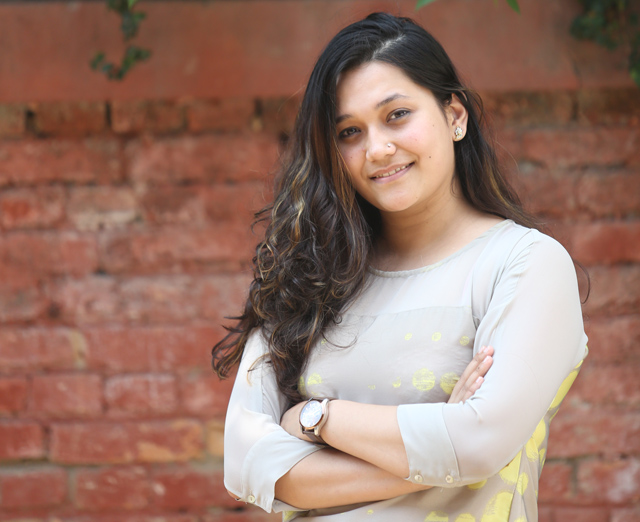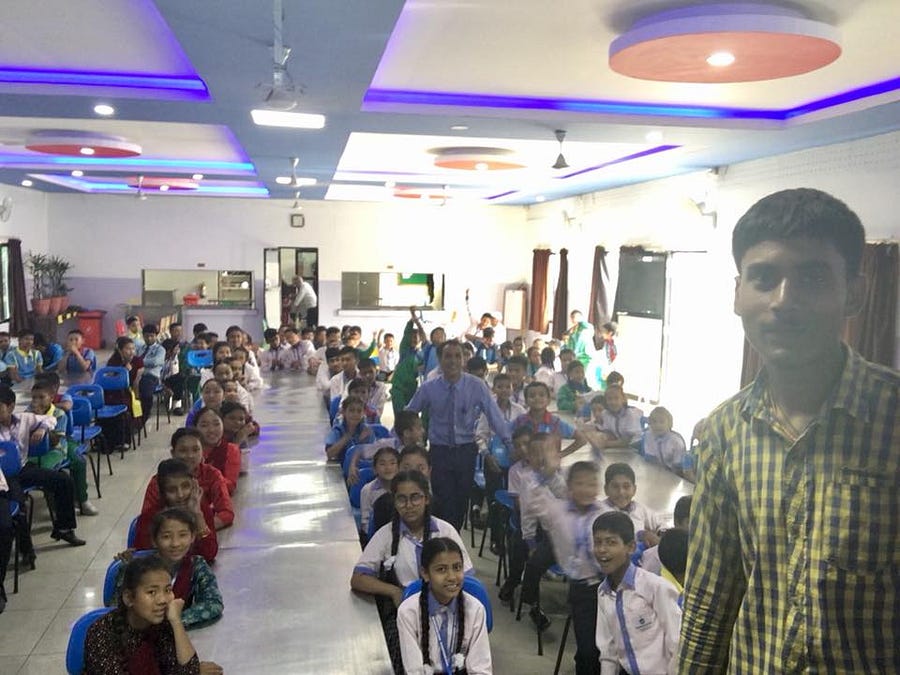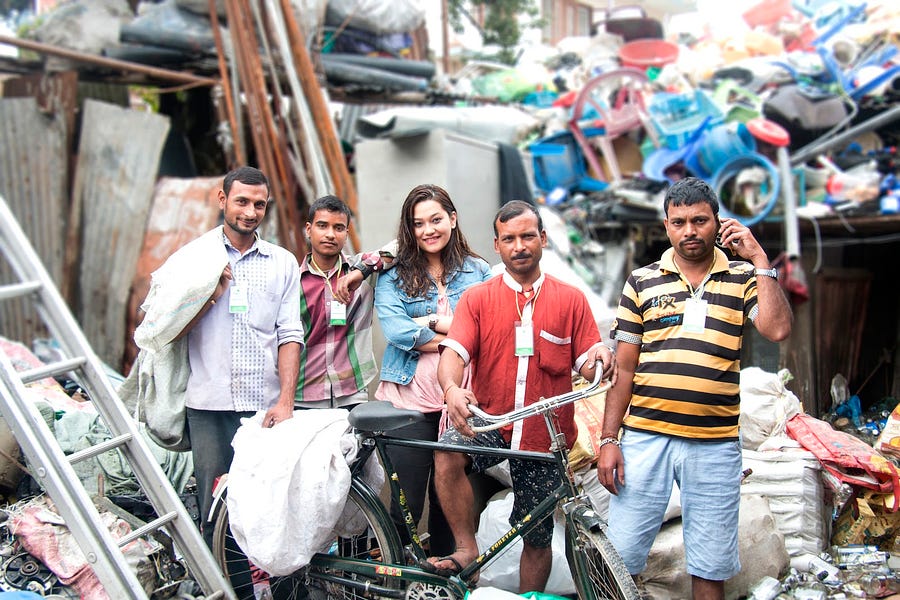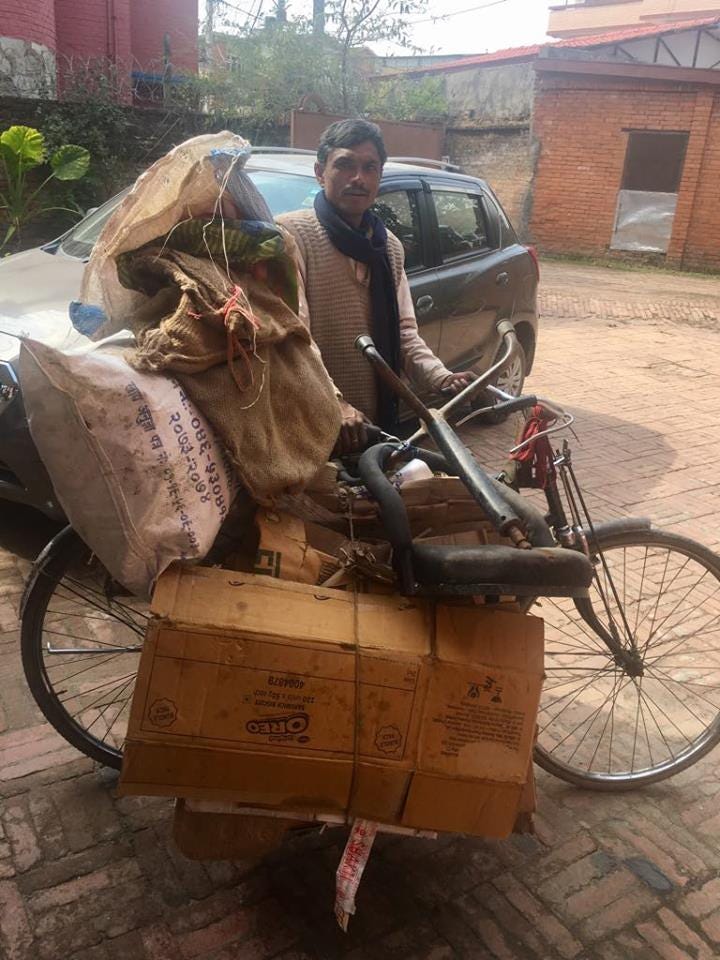Portrait of a GroundBreaker: Aayushi K.C.
Aayushi K.C. is the Founder of Khaalisisi, a social enterprise disrupting the recycling industry in Nepal through connecting waste entrepreneurs with the public on an innovative digital platform. Aayushi’s goal is not just to create a company, but a waste management industry in Nepal. On Khaalisisi’s platform, users can schedule a pick-up for their trash by waste entrepreneurs, also called Khaalisisi friends, and have the option of selling or donating their trash. On this week’s feature of GroundBreakers’ Portraits of a GroundBreaker Series, our discussion with Aayushi ranged from changing public opinion around waste to her vision of promoting Nepal as one of the top 20 recycling nations in the world by 2030.
What motivated you to start Khaalisisi?
Every day, tons of waste is produced by our capital city, Kathmandu, and it all ends up in the landfill. At the same time, we have this huge network of well resourced and hardworking local waste entrepreneurs who we call our Khaalisisi friends. There are at least 10,000 in Kathmandu alone and every single day they go out on their bicycles screaming their lungs out asking for and collecting recyclable waste. 70% of the waste that ends up in the landfill are items that Khaalisisi friends could have easily collected. They are waste entrepreneurs, so they are not just collecting trash but also buying it. We started this waste management company because waste was still ending up in the landfill even with the effort of the Khaalisisi friends. This social enterprise started as a very simple idea and digital platform to connect these local waste entrepreneurs with whoever has trash, which is everyone.
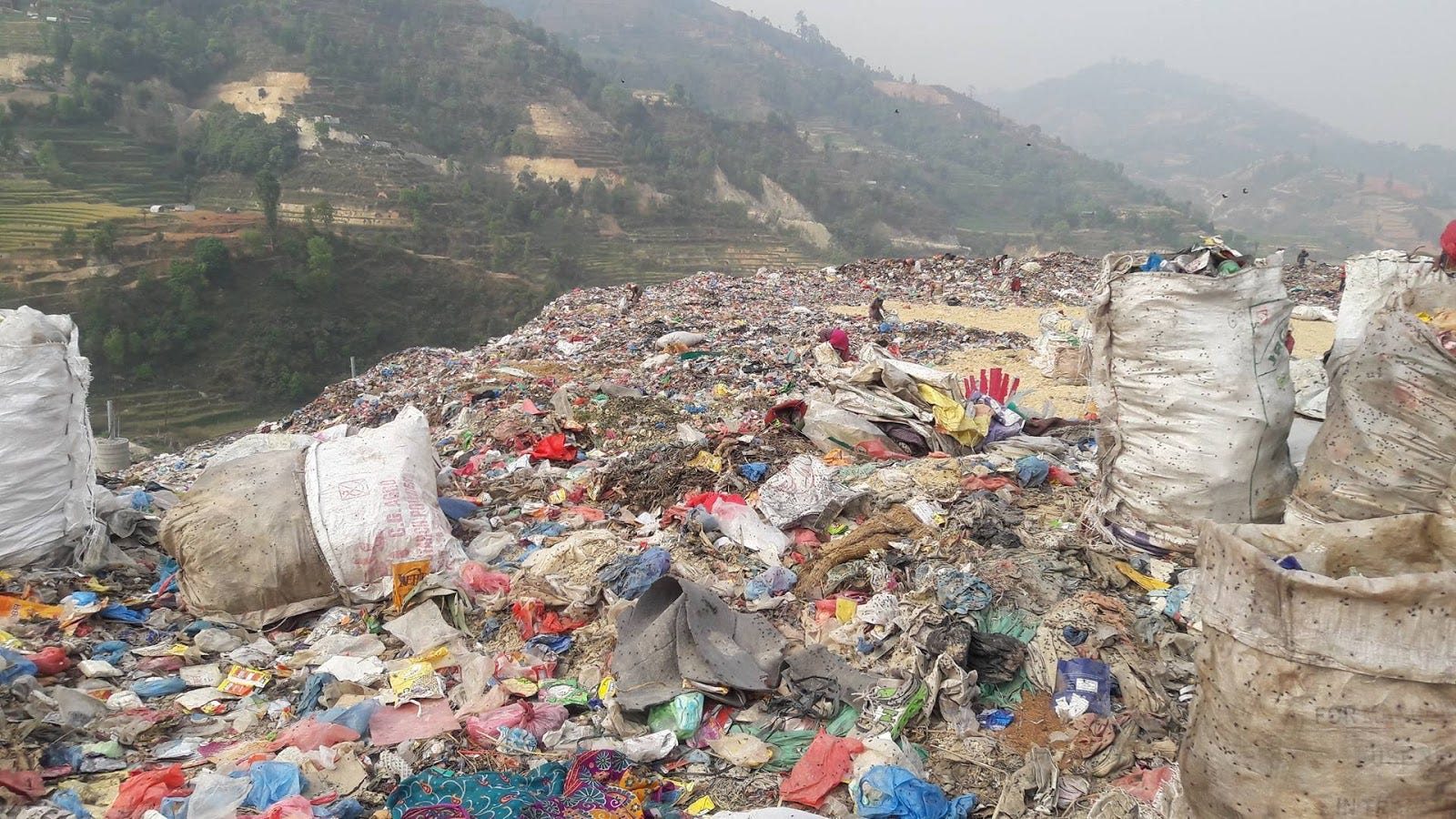
What advice would you give to young people who want to become social entrepreneurs?
Personally, I don’t think there is any special category of social entrepreneurship as entrepreneurs in general are individuals going out and solving problems and take risks. One suggestion that I always share is to just get started. Once you get started, the rest will follow.
“Through technology and the digital platform, we’ve been able to reach people who now directly use our service and bypass the age-old Mafia problems. Technology allows us to solve traditional problems with new solutions.”
Who are some of the people who inspire you in your work?
My daily source of inspiration comes from the Khaalisisi friends. The social political background of these waste entrepreneurs is that 90% of them are not Nepali citizens, they are Indian citizens. They are fiercely discriminated against because of the nature of their work. This discrimination hampers the waste industry which is already non-existent in Nepal. These waste entrepreneurs are not educated and don’t have proper access to technology and innovation and they’ve been doing their business the same way for more than 50 years now. To see the Khaalisisi friends step out of their comfort zone every single day and use something as simple as a smartphone to be more professional is inspiring given the usual rigidity in how they work.
My husband also inspires me. He started his own company around 7 years ago and now runs the biggest homegrown e-commerce company in Nepal. To see him work with the same energy every single day is pretty contagious.
What programs do you operate in schools to get children involved with waste management at an early age?
We recently started a school to scrapyard program. When we are taught about religious tolerance in school, we’re taken around mosques and different kinds of temples. In a similar approach to learning our program takes kids directly to scrapyards guided by an orientation from the Khaalisisi friends, the waste entrepreneurs. This is very important to inform kids here of what’s happening in their local context as they don’t learn about waste in school. They hear about Sweden becoming a zero waste country and how roads are being built out of plastic waste in Germany. We want these kids to think of local problems so that they can come up with adaptable local solutions. We’re always introducing fun and interesting ways to give kids hands-on experience with waste management practices.
In one of our programs, we do waste audits with the kids and get them involved in waste management activities within the school. For example, they make compost out of their kitchen waste and also earn points from this activity. We also encourage the kids we work with to teach in lesser privileged schools so that they can build social skills around waste management.
What are the best ways you’ve found to change public opinion around recycling and waste management?
Branding has been a very effective strategy since waste can be such a boring topic that rarely makes it to the dinner table. We try to make the idea of championing a zero waste society very attractive to people. Through branding many more people are now on board with our mission and work. The kinds of community level activities and outreach programs that we do also show immediate impacts so that people are encouraged to invest more of their resources and time into waste management.
We want to promote zero waste as a philosophy and are on a mission to build Nepal as one of the top 20 recycling nations in the world by 2030. The idea is to get people onboard and also build a waste management industry. We want to make things more transparent by integrating all the stakeholders from different value chains and to work with the government because waste is a huge responsibility that you have to approach from the policy level. The basic idea is to bring change in the way we do things and change mindsets at an individual level. We’re working on awareness-building with the government and schools.
“We want to promote zero waste as a philosophy and are on a mission to build Nepal as one of the top 20 recycling nations in the world by 2030. The idea is to get people onboard and also build a waste management industry.”
What challenges did you face in starting Khaalisisi?
We are a marketplace solution provider and work with this group of men who do not have access to or the knowledge about even the simplest forms of technology like the internet or smartphones. Working in this context, the operations can become hectic in terms of efficiency. Nepal doesn’t have the strongest internet connections throughout the country and so it still takes some people time to get on the digital platform.
“We want these kids to think of local problems so that they can come up with adaptable local solutions. We’re always introducing fun and interesting ways to give kids hands-on experience with waste management practices.”
How has operating a digital platform been both a challenge and an asset?
Through the digital platform, we are working with many different partners including households, embassies, and schools. The waste industry in Nepal is rife with the Mafia and syndicates which becomes life threatening at some points. Through technology and the digital platform, we’ve been able to reach people who now directly use our service and bypass the age-old mafia problems. Technology allows us to solve traditional problems with new solutions.


